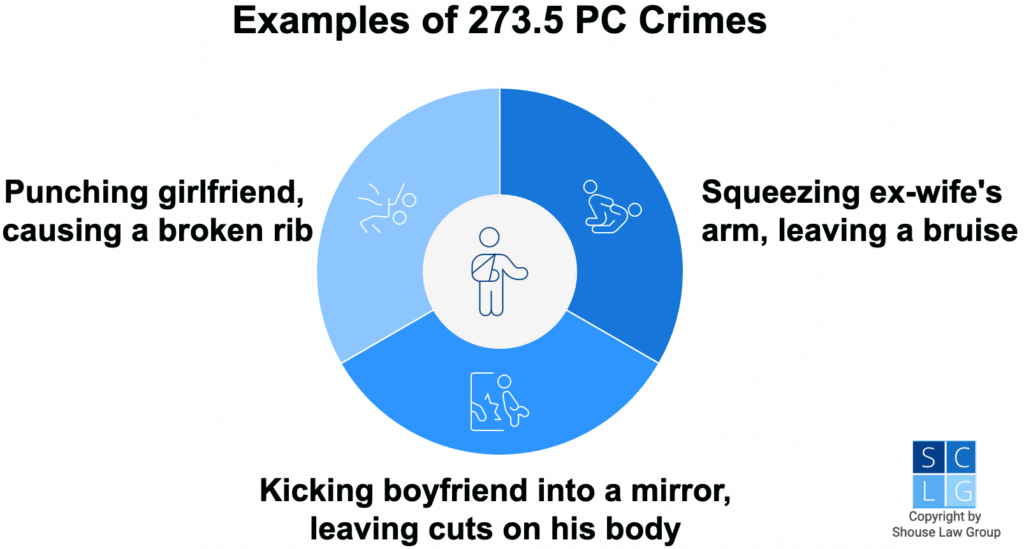Breaking someone’s arm is a serious act of violence that can have devastating consequences for the victim. Beyond the physical pain and long-term effects of a broken bone, there are also significant legal ramifications to consider. This article will delve into the legal consequences of breaking someone’s arm, exploring the potential for jail time and the factors that influence the severity of charges.
This article will examine the legal framework surrounding this type of assault, outlining the different types of assault charges, the role of intent in determining culpability, and the potential penalties associated with felony assault. We will also discuss how a broken bone is considered a significant injury that can lead to more severe consequences.
Legal Consequences of Breaking an Arm
When someone intentionally causes harm to another person, they can face legal repercussions. Breaking someone’s arm is a clear example of intentional harm and falls under the umbrella of assault. Assault charges are brought by law enforcement agencies and prosecuted in court. The severity of the charge depends on various factors, including the intent behind the act and the extent of injuries sustained.
The legal system recognizes that different levels of assault exist, ranging from simple assault to aggravated assault. Simple assault typically involves a minor physical altercation or threat of harm, while aggravated assault involves more serious violence, such as using a weapon or causing significant injury. Breaking someone’s arm is likely to be classified as aggravated assault due to the severity of the injury.
Assault Charges Explained
Assault charges are designed to protect individuals from unlawful physical harm and hold perpetrators accountable for their actions. The specific legal definition of assault varies slightly from state to state, but generally encompasses any intentional act that causes another person to fear immediate harm or results in actual physical contact without consent.
It’s important to note that the prosecution doesn’t always need to prove that the perpetrator intended to break someone’s arm specifically. If the act of striking or pushing someone resulted in a broken bone, even if it wasn’t the primary intention, assault charges can still be filed. The legal system focuses on the outcome of the action rather than the perpetrator’s specific intent.
Severity of Assault Based on Intent and Injuries
The severity of assault charges is often determined by the level of intent involved and the extent of injuries inflicted. Intentional acts with the purpose of causing harm are considered more serious than unintentional or accidental injuries.
For example, if someone intentionally punches another person in the arm with the goal of breaking it, this would be classified as a more severe assault charge compared to a situation where someone accidentally bumps into another person, causing a broken arm. The severity of the injury also plays a significant role. A broken bone is considered a serious injury that can have long-term consequences for the victim’s health and well-being.
Felony Assault and Imprisonment
In many jurisdictions, breaking someone’s arm can lead to felony assault charges. Felonies are more serious crimes than misdemeanors and carry harsher penalties, including imprisonment. The specific length of a prison sentence for felony assault varies depending on the jurisdiction, the circumstances surrounding the crime, and the defendant’s criminal history.
Factors that may influence the severity of the sentence include the use of a weapon, the extent of the victim’s injuries, and whether the assault was premeditated. A broken bone is considered a significant injury that can contribute to a more severe sentence.
Broken Bone as a Significant Injury
A broken bone is not just a physical injury; it can have lasting consequences for the victim’s health and well-being. The healing process can be lengthy and painful, requiring surgery, immobilization, and physical therapy. A broken arm can also lead to complications such as nerve damage, infection, or chronic pain.
These long-term effects underscore the seriousness of breaking someone’s arm and contribute to the potential for severe legal consequences. The court system recognizes that a broken bone is a significant injury that warrants serious punishment.
Conclusion
Breaking someone’s arm is a serious crime with potentially devastating consequences. The legal ramifications can be severe, including can you go to jail for breaking someone’s arm and lengthy prison sentences. The severity of the charges depends on factors such as intent, the extent of injuries, and the use of weapons. A broken bone is considered a significant injury that can lead to more serious penalties. It is crucial to understand the legal consequences of violence and seek legal counsel if you are facing assault charges or have been injured in an assault.



